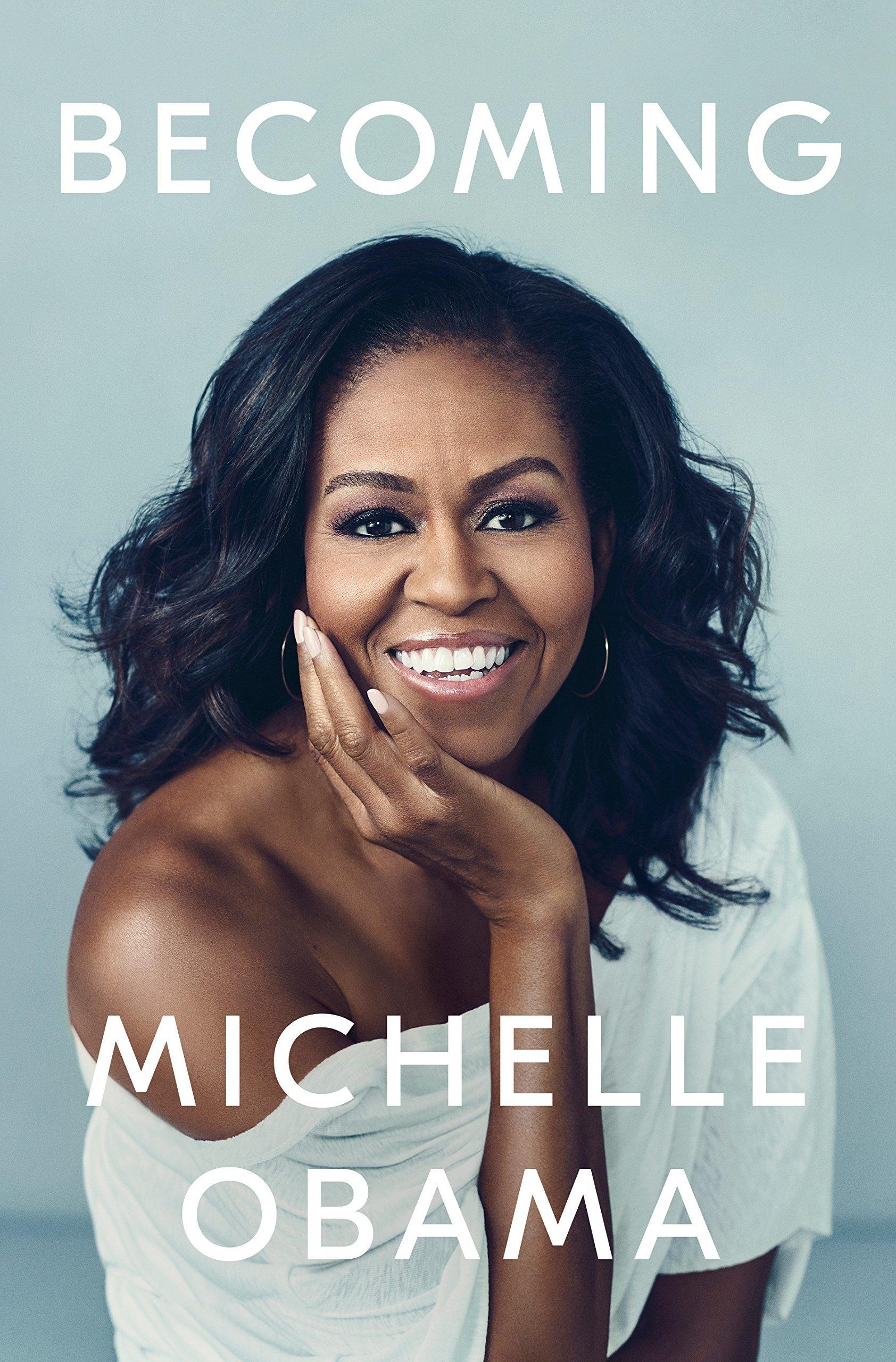
The Checkbook and the Cruise Missile: Conversations with Arundhati Roy
Pages: 178
|Published: 1 Feb 2003
Description
A skillful interviewer can reveal aspects of a writer’s voice in simple yet telling ways. As a novelist, Arundhati Roy is known for her lush language and intricate structure. As a political essayist, her prose is searching and fierce. All of these qualities shine through in the interviews collected by David Barsamian for Globalizing Converations with Arundhati Roy . New and devoted readers will find that these exchanges, recorded between 2001 and 2003, add to their appreciation of Roy’s previous work. Whether discussing her childhood or the problems of translation in a multilingual society, Roy and Barsamian, the producer and host of Alternative Radio, engage in a lively and accessible manner. Speaking candidly and casually, Roy describes her participation in a demonstration against the Indian dam program as, "absolutely fantastic." She jokes that her Supreme Court charge for "corrupting public morality"—in the case of her novel The God of Small Things—should have been changed to "further corrupting public morality." She calls on her training as an architect to explain what she means by the "physics of power." Like a house of cards, she argues that "unfettered power . . . cannot go berserk like this and expect to hold it all together." Roy has been acclaimed for her courage (Salman Rushdie) and her eloquence ( Kirkus Reviews ), and her writing has been described as "a banquet for the senses" ( Newsweek ). She has found a readership among fiction enthusiasts and political activists. Globalizing Dissent captures Roy speaking one-on-one to her audience, revealing her intense and wide-ranging intellect, her very personal voice, and her opinion on momentous political events. Arundhati Roy ’s novel The God of Small Things was awarded the Booker Prize in 1997. She is the recipient of the 2002 Lannan Foundation Prize for Cultural Freedom.









